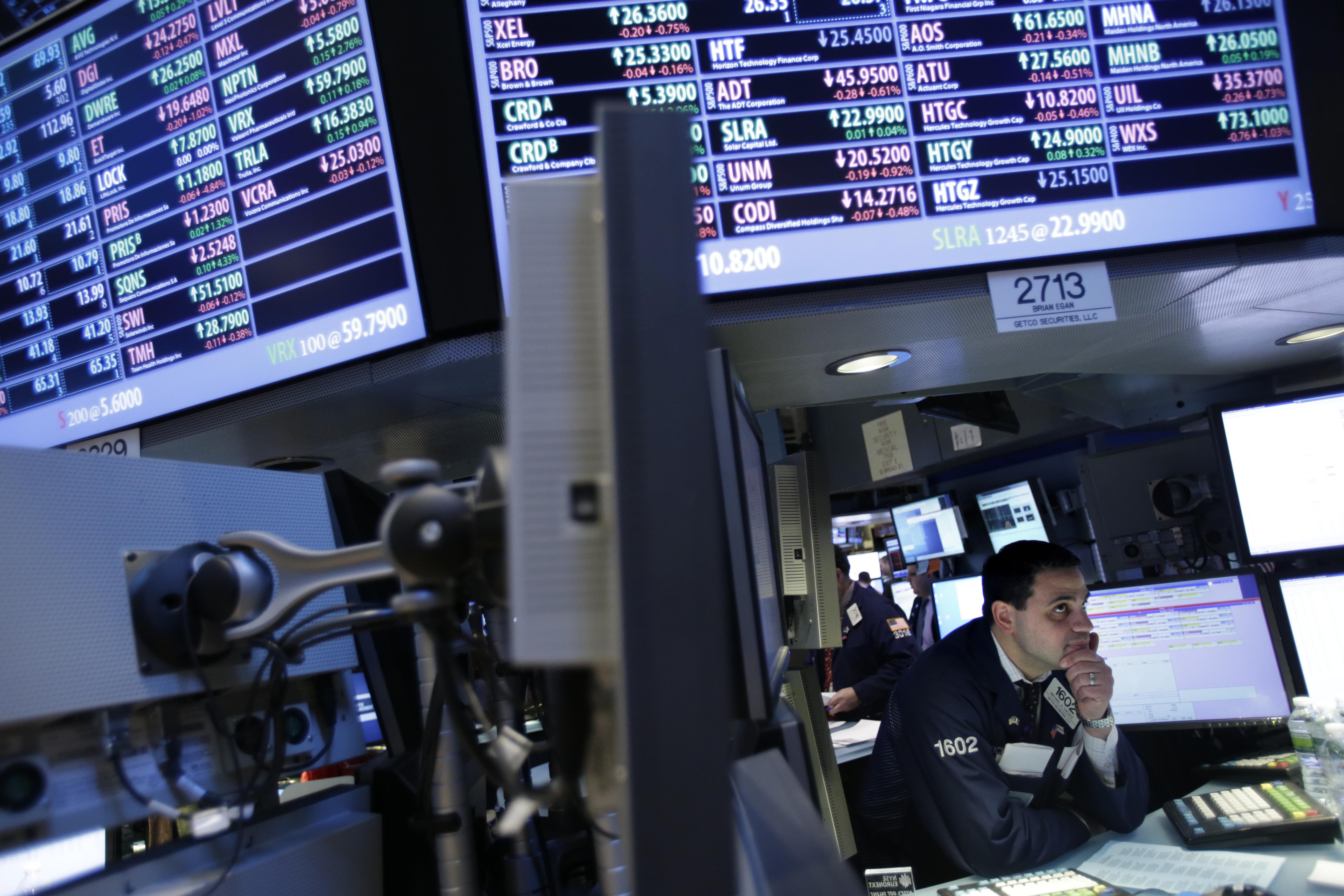S&P 500 moves above its record high, keeps going
Thursday, March 28, 2013
NEW YORK - The Standard & Poor's 500 crossed into record territory Thursday, beating a previous all-time high set in pre-financial crisis days.
The S&P 500, a stock index that investors use to gauge how the market is performing, edged above the record of 1,565 it set on Oct. 9, 2007. Around 11 a.m. EDT, it was trading at 1,567, up four points on the day.
The record comes against a backdrop of big stock market gains but continued uncertainty about the economy. Earlier this month, the Dow Jones industrial average, another popular barometer of the stock market, beat its own 2007 record and has continued to rise.
Even as the indexes touch new milestones, investors wonder how long the gains can last given Europe's lingering debt problems and the plodding growth of the U.S. economy. They're also concerned that the gains are being artificially fueled by the Federal Reserve's easy money policy.
Like the Dow record before it, the S&P record reminded investors of a headier time. October 2007 was pre-financial crisis, pre-bailouts, pre-Great Recession. Bear Stearns still existed. So did Lehman Brothers, Wachovia and Washington Mutual. The jobless rate was 4.7 percent, well within the bounds of what most economists consider full employment.
But by March 2009, long after the subprime mortgage market had been revealed as an unsustainable bubble and rumors were buzzing that the government might nationalize U.S. banks, the S&P had cratered from its lofty heights. It fell to its Great Recession low, 676.53, on March 9, 2009 - down 57 percent from its October 2007 pinnacle. It has more than doubled since reaching that bottom.
Howard Silverblatt, senior index analyst at S&P Dow Jones Indices, said that the S&P 500's return to its old record marked "an important step" for investors. But he cautioned that there are no guarantees for future performance.
"Markets are volatile," he wrote in a note to clients Thursday morning, "and if you are a long-term investor you should expect declines."
On Thursday, news about the U.S. economy and the European debt crisis was far from decisive. For every sign that things were improving, another said it wasn't.
The U.S. economy grew faster than first estimated in the fourth quarter, the government reported. But the growth, an annual rate of 0.4 percent, was still anemic. The number of Americans seeking unemployment benefits jumped for the second straight week. On a longer time frame, though, jobless claims have been declining since November.
Investors are also uncertain what to make of the continuing debt crisis in Europe, including the bailout of the Mediterranean island country of Cyprus. Banks there reopened Thursday for the first time in nearly two weeks.
The banks had been closed because the government was negotiating emergency loans from other European countries, and there were concerns that there would be a run on the banks. Across Cyprus on Thursday, customers stood in long but orderly lines for hours ahead of the bank openings, and guards from private security firms reinforced police outside some ATMs and banks in the capital, Nicosia.
Some investors had predicted that a bailout plan for Cyprus would send the markets up because it would calm concerns that the country's banking system might collapse. But the markets have been mixed this week. Some investors said the Cyprus bailout served as a reminder that Europe's debt crisis lingers.
Like other major market indicators, the S&P darted between small gains and losses when trading first opened. In late morning trading the Dow Jones industrial average rose 45 points, or 0.3 percent, to 14,571. The Nasdaq composite rose four points, 0.1 percent, to 3,260.
Among stocks making big moves:
-Research In Motion, the maker of BlackBerry phones, rose after surprising analysts with a profitable quarter and better-than-expected sales of its touch-screen BlackBerry 10s. The company hopes to take back some of the market share it has lost to Apple's iPhone and other competitors. The stock rose 59 cents, about 4 percent, to $15.16.
-Repros Therapeutics, a drug developer, shot higher on news that its potential treatment for low testosterone moved closer to regulatory approval. The stock rose $6.27, or 69 percent, to $15.40.
-Signet Jewelers, which runs Kay and Jared stores, and Mosaic, the fertilizer maker, were both up after reporting higher quarterly profits and revenue. Signet rose more than 7 percent, $4.74, to $68.01. Mosaic was up more than 1 percent, rising 83 cents to $59.51.

